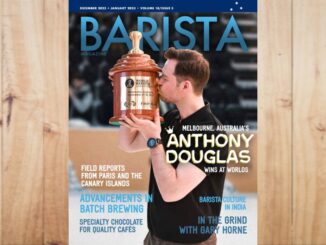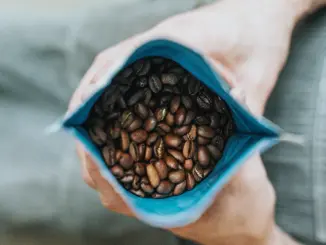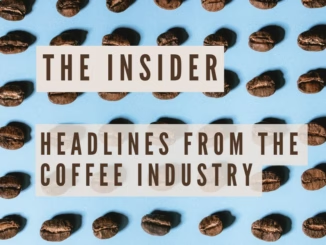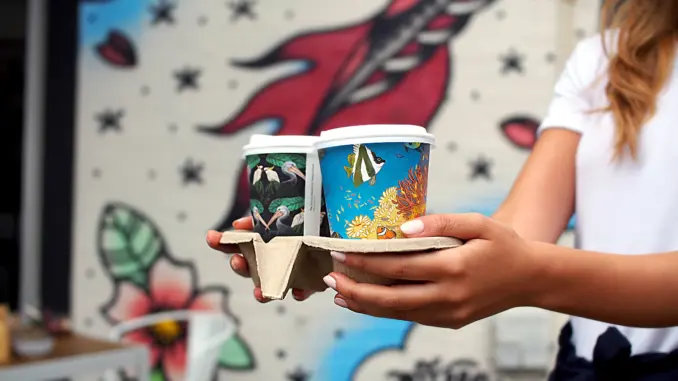
Australian companies lead the way in eco-friendly coffee cup solutions at the Melbourne International Coffee Expo.
Photos courtesy of Roastar and BioPak
BY VASILEIA FANARIOTI
SENIOR ONLINE CORRESPONDENT
Today we’re delving into the realm of coffee cup packaging innovation: As the Melbourne International Coffee Expo (MICE) recently concluded its 2023 Product Innovation Awards, we turn our attention to the advancements made in this field.
Exhibitors at the event showcased their ingenuity in the categories of Ancillary Electrical Equipment, Coffee Accessories, and Coffee Preparation Equipment. However, today we’ll look specifically at the Coffee Accessories category, where two products caught my eye: The Good Cup by Roastar Coffee Packaging and the environmentally friendly Certified Home Compostable Coffee Cup and Lids Solution by BioPak.
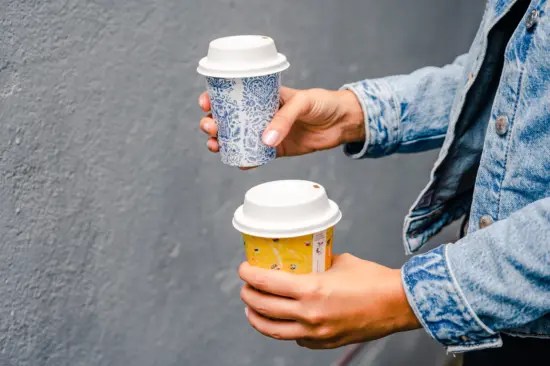
Single-Use Plastics Out, Reusable Alternatives In
There are many innovative developments underway in the coffee cup packaging industry. Manufacturers are constantly developing new and improved ways to package coffee cups, aiming to make them more sustainable and eco-friendly. With biodegradable materials and compostable options, there are solutions available that help reduce the environmental impact of coffee cup waste.
What’s more, single-use plastic coffee cups are slowly but surely being replaced with reusable and recyclable alternatives in many countries. Ireland made a statement last year, aiming to become the first country globally to eliminate the use of disposable coffee cups. By March 2024, Western Australia is poised to bid farewell to non-compostable single-use plastic coffee cups. Additionally, in many countries, an additional fee is imposed for the usage of single-use cups.
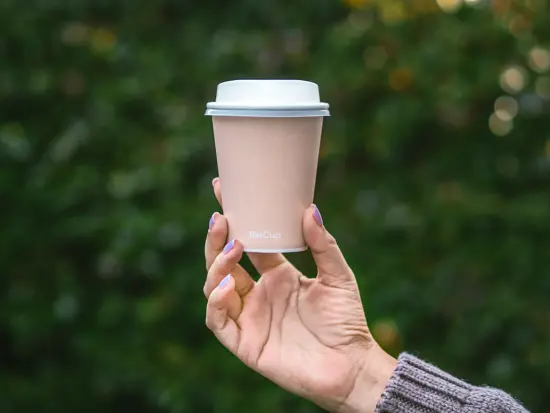
Australian Companies Introduce Eco-Friendly Coffee Packaging
In the ongoing battle against single-use items, Australia is taking a particularly strong stance. Two companies, Roastar and BioPak, have emerged with new solutions to address this issue.
Roastar, a subsidiary brand of Australian-owned MPM Marketing Services, has just launched The Good Cup—an eco-friendly, one-piece paper cup with an integrated lid. It’s made from sustainable and compostable paper, without any polylactic acid (PLA) materials. The lid locks securely, is spill-proof, and comes in various sizes for both hot and cold drinks. Plus, companies can customize it with their own branding. Last month, Roastar’s product won the People’s Choice Award at MICE.
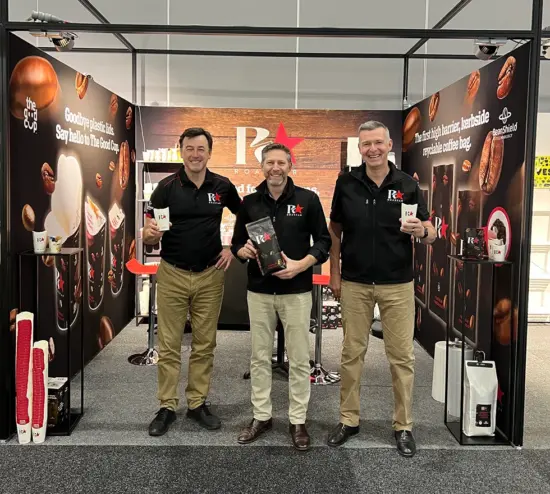
Another nominee in the same category was BioPak’s Certified Home Compostable Coffee Cup and Lids Solution. This innovative solution utilizes an aqueous dispersion coating that seamlessly absorbs into the paper cups, combined with certified sugarcane lids.
BioPak’s cups are certified home compostable to Australian Standards (AS5810) and biodegrade in less than 12 weeks in your own home compost. Their aqueous cups use much less material than other coffee cups, helping to reduce the environmental impact of cup waste.
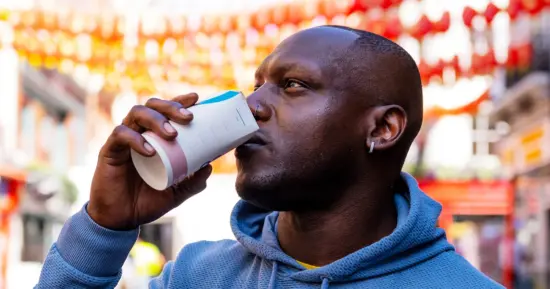
Reducing Waste and Meeting Consumer Demand
What I found most interesting about these two products were the lids. The Good Cup comes with an integrated top flap that easily folds and locks into place, which eliminates lids altogether. BioPak’s lids are made from rapidly renewable sugarcane pulp, which is also home compostable.
The majority of single-use cups, lids, sleeves, and stirrers are made of styrofoam, polyethylene (PE), or polypropylene (PP). These materials ultimately end up in landfills. As consumers become increasingly aware of their impact on the environment, biodegradable products will become more commonplace.
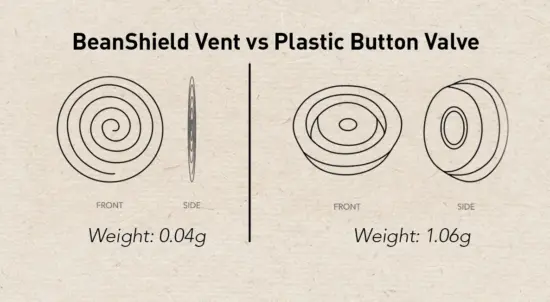
We are still a long way off from completely eliminating the use of single-use items, and education on correct waste management is essential. However, the global coffee packaging industry is leading the way in finding sustainable solutions to reduce waste and meet consumer demand for eco-friendly products.
We look forward to seeing further advances in the industry over the coming years as more companies develop innovative ways to make coffee cups and other packaging materials more sustainable.
ABOUT THE AUTHOR
Vasileia Fanarioti (she/her) is a senior online correspondent for Barista Magazine and a freelance copywriter and editor with a primary focus on the coffee niche. She has also been a volunteer copywriter for the I’M NOT A BARISTA NPO, providing content to help educate people about baristas and their work. You can follow her adventures at thewanderingbean.net.
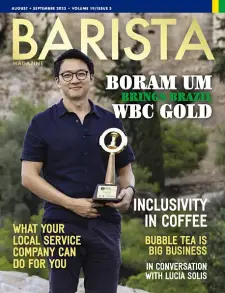
READ THE LATEST BARISTA MAGAZINE
Out now: It’s the August + September 2023 issue of Barista Magazine, featuring Boram Um of Brazil on the cover. Read it for free with our digital edition. Get your Barista Magazine delivered; start a subscription today! Visit our online store to renew your subscription or order back issues.


